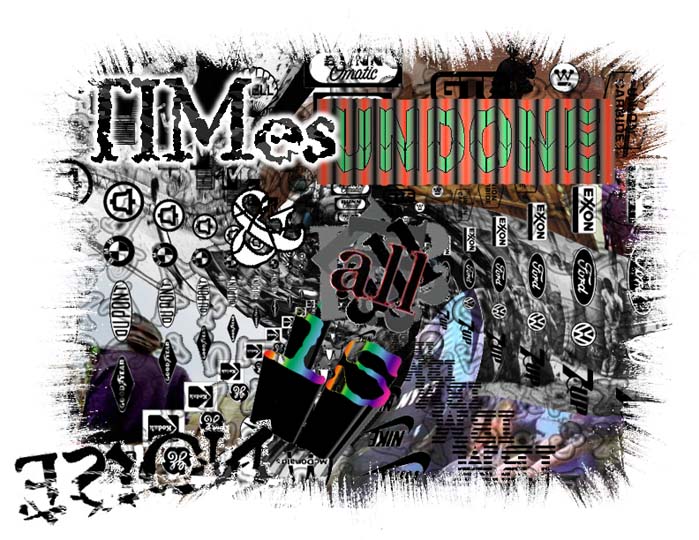Psychedelic culture constantly reflects on the meaning of reality, the questioning of other dimensions and the notion that we are not alone in this universe. It’s one of the reasons that i am fascinated by the culture and the conversations embedded in it; i think that they challenge normative values in a meaningful way.
Unfortunately, these interests are not purely philosophical and in altering the realities in which their brain operates, some people seem determined to project themselves into another reality and live in an alternate dimension, regardless of the impact on others.  In constructing their own realities, they accept that their reality will not mesh with those around them and thus the idea of reality loses its truth-value. It is not surprising that two people leave a situation with entirely different impressions as to its impact, but when the order and structure of events is constantly altered, this eliminates any shared ground and all activities turn into a personal hallucination. More than anything, this creates separation between people, anger, frustration and other negative consequences, simply because people need to maintain their own reality. Rather than developing cohesiveness, this creates ultimate loneliness, separation and despair.
In constructing their own realities, they accept that their reality will not mesh with those around them and thus the idea of reality loses its truth-value. It is not surprising that two people leave a situation with entirely different impressions as to its impact, but when the order and structure of events is constantly altered, this eliminates any shared ground and all activities turn into a personal hallucination. More than anything, this creates separation between people, anger, frustration and other negative consequences, simply because people need to maintain their own reality. Rather than developing cohesiveness, this creates ultimate loneliness, separation and despair.
Thus, i see psychedelic culture as constantly in conflict with itself. Rather than mind-expanding, people seem content to mind-deviate, avoid and ignore. This frustrates me to no end because i cannot accept a value system that accepts intentional deception in order to promote alternate realities or dimensions. Nor can i accept people who embrace such values in the name of mind-expansion.

Mind deception? I choose to deliberately deviate from a system of values which encompasses a sociable awareness. In a very selfish way I choose to deceive everyone and allow my mind to explore its infinite synaptic possibilities. Ultimate loneliness – yes, and sometimes it is great, just me, my board, and the ocean. Sometimes a crowd and a pill. Separation, by choice, like a momentary lapse of sociable desire; sometimes despair at the end… Like the psychedelic culture itself, beings (i am one) are/exist in conflict with themselfs. Good. Hard to trace a plot and raise sails, I agree. But I need to deviate and ignore a reality where I have been inserted into and by normative behavior contribute to. Sometimes I need to go places where there is little humanity[fear] to truly feel human.
My thoughts at the end did go out to Adam Smith’s invisible hand theory, but I chose to purposely deviate from an economic citation (knowing how awful you are with money) and instead revived my good fellow Hume and asked him to comment on the subject.
“Man is a reasonable being; and as such, receives from science his proper food and nourishment: But so narrow are the bounds of human understanding, that little satisfaction can be hoped for in this particular,[…] Man is a sociable, no less than a reasonable being: but neither can he always enjoy company agreeable and amusing, or preserve the proper relish for them. Man is also an active being; and
from that disposition,[…] the mind requires some relaxation, and cannot always support its bent to care and industry. It seems, then, that nature has pointed out a mixed kind of life as most suitable to the human race, and secretly admonished them to allow none of these biases to draw too much, so as to incapacitate them for other occupations and entertainments. Indulge your passion for science, says she, but let your science be human, and such as may have a direct reference to action
and society.[…] Be a philosopher; but, amidst all your philosophy, be still a (wo)man. ”
in An Enquiry Concerning Human Understanding by D. Hume
k
p.s. + The New York Academy of Sciences is hosting a conference called The Self: From Soul to Brain, September 26-28, 2002, in New York City. The meeting will be organized and chaired by Joseph LeDoux, New York University, Author, Synaptic Self: How Our Brains Become Who We Are, 2002, Viking